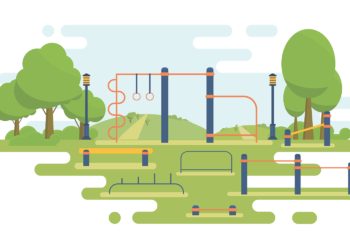It is easy to understand that visitors to your aquatic facilities expect safe, sparkling clear water. It is also not a stretch to understand that satisfying those expectations increase the likelihood that they will return, and will lead to increased facility utilization and revenue as they bring new guests along with them. Incorporating a few common sense practices into your water management routine will make it easy to keep water safe and sparkling clear.
Make Maintenance a Habit. Common elements that apply to all facilities will include a daily visual inspection of the water, all pool components and safety equipment. Manually check sanitizer residuals and pH. Inspect chemical feed systems daily and incorporate necessary maintenance and repairs frequently to prevent unplanned failures. One annual activity might include an inspection of the filtration system. Each facility should customize a slightly different plan due to their specific environment or equipment, but put a schedule together and stick to it.
Be Critical of the Water Clarity. Subtle changes in water clarity will tell you a lot about what is going on and alert you to potential problems. Act quickly when lifeguards and maintenance staff notice small changes. Reduced clarity problems might have a chemical related cause so check your chlorine or bromine residuals along with pH. Physical components are also critical to maintaining clear water. Check for reduced flow rates or increased filter pressures that may indicate pump and filter problems or required maintenance. Water rarely goes extremely cloudy overnight. Water typically starts by appearing a little dull or hazy and then gets progressively worse over time.
Train Your Staff. Sure not everybody who is around the pool on a daily basis is going to be responsible for daily pool maintenance. That does not mean they should not have a basic level of education on how a pool works and what is takes to operate and maintain one. That extra education will make them more effective in communicating with maintenance personnel, make them more effective in educating your guests about the pool operation, and you’ll benefit by preparing the next generation of aquatic managers to take on additional responsibilities.
Educate Your Guests. Create an environment at your facility where guests shower and use the bathroom before getting into the water. It’s common sense that if you prevent the natural organics and swimmer wastes from getting into the water then you will reduce the workload of sanitizers like chlorine and bromine and also reduces the workload of the filtration system. This simple activity will have a direct impact to improve water clarity while reducing undesirable odors, required pool maintenance and chemical costs.
Brian Bokowy is the business manager at AllChem Performance Products, providing 25 years of experience in commercial pool chemcials, chemical feed systems, and pool operation. He can be reached at 352.378.9696, or Brian.bokowy@allchem.com.










